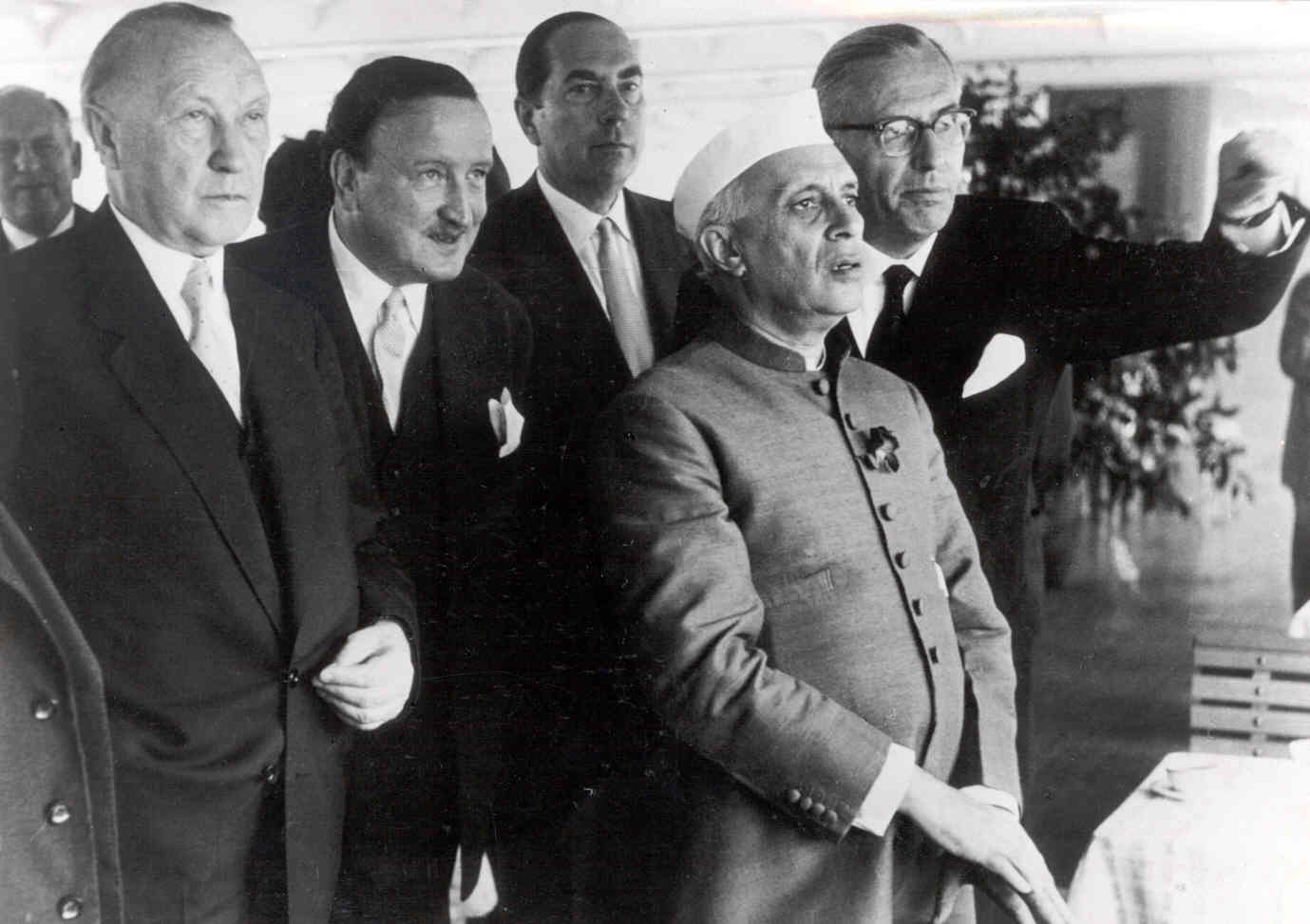1. India to be treated as an independent unit of the Empire, as a self-autonomous state with equal rights and responsibility.
2. The strength of Legislative Council should be 1^0 members out of which four-fifths were to be elected and one-fifth to be nominated One third of the elected members were to be Muslims.
The elected members of the Imperial Legislative Council were to be elected by elected members of the Provincial Legislative Council.
ADVERTISEMENTS:
3. Defence, foreign affairs and political relations of India, i.e., making of war, peace and signing of treaty were to be excluded from the control of the Imperial Legislative.
4. Provinces should be autonomous in their respective spheres. The Imperial Government could only have a general right of supervision of the provinces but not to interfere in their local affairs. Generally the government should not reject the bill passed by the Legislative but could veto it.
5. No bill could be introduced in the Legislative Council if it affected the interest of any community and such a bill could not be passed if it was opposed by three-fourth of that community.
6. The Secretary of State for India should have the same powers as the Secretary of State for other self-governing
ADVERTISEMENTS:
7. Colonies. He should be assisted by two Under Secretaries, of whom, one should be an Indian.
8. Half the members of the Viceroy’s Executive Council should be Indians elected by the elected members of the Imperial Legislative Council.
9. Judiciary should be separated from Executive. Members of the Judiciary in every Province should be placed under the control of the highest court of that Province.

